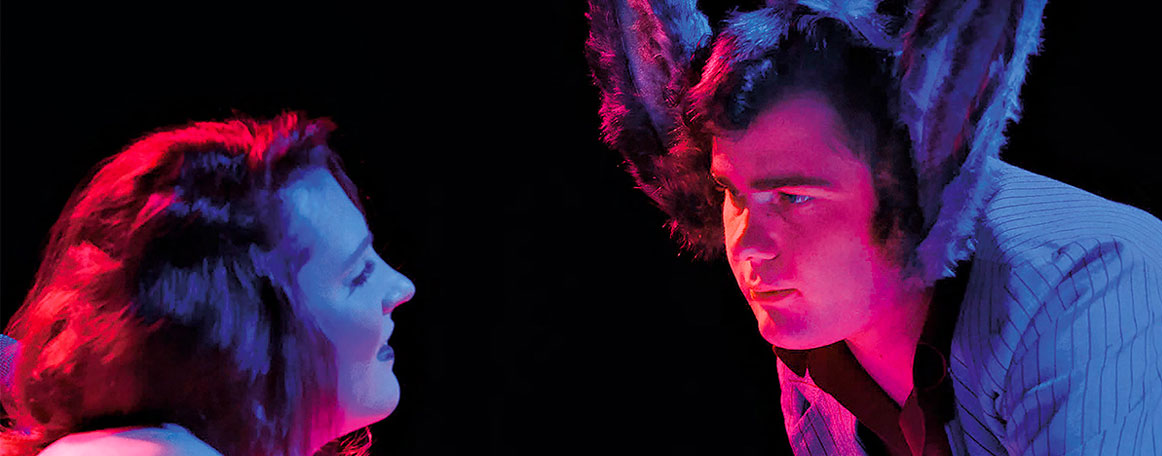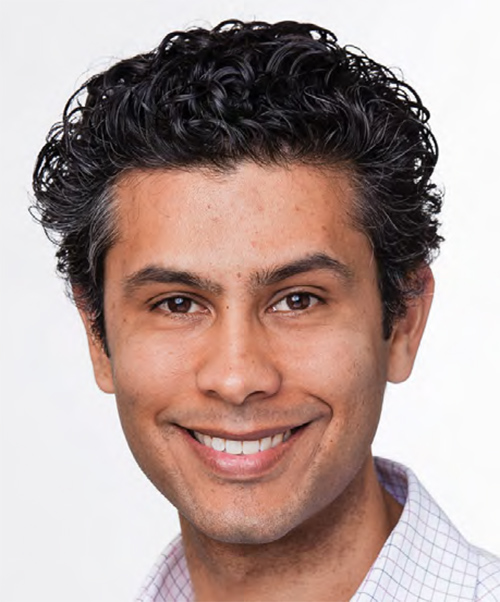A time to embrace the Bard
A bequest has enabled Dr. David McInnis to unlock an unexpected hoard of Shakespearean treasures.

When David McInnis, Gerry Higgins Lecturer in Shakespeare Studies, set about curating a Shakespeare exhibition for the Baillieu Library last year, he imagined the material mainly would be comprised of books. To his surprise, that was not the case.
He was astonished at the riches he uncovered for the show, After Shakespeare. While there were certainly a few very old tomes around, he also unearthed from a variety of sources such treasures as sketchbooks, photographs, props and even Shakespeare playbills from early Melbourne.
“I was not aware at all of what was available,” Dr McInnis says. “I was blown away. We are lucky, for example, to have access to the Melbourne Theatre Company’s backlog of costumes, props and posters – and the State Library was also very generous. One of the nice things was bringing together these things that hadn’t been together before.”

The State Library, he discovered, had an 1890 sketchbook in which a costume for a Melbourne production had been drawn – and the Baillieu Library had a program from the same performance featuring a photo of an actor sporting that very outfit.
Dr McInnis was just the person to explore all this – he is the Senior Lecturer in Shakespeare Studies in the Faculty of Arts, a four-year position funded by the Higgins Trust from 2015 to 2018.
“I was extraordinarily grateful that the Higgins Trustees chose to invest in this position when they did, and it was very good timing,” Dr McInnis says. Last year marked the 400th anniversary of Shakespeare’s death, and the University’s Shakespeare 400 festival benefited enormously from having Dr McInnis steer a cross-University committee organising the year-long program, which included After Shakespeare at the Baillieu.
“It was such a significant anniversary,” Dr McInnis says.
And it was a great opportunity for the English and Theatre Studies Program at Melbourne to highlight our role as a leader in this field, bringing community education and public outreach to the forefront, and embellishing the teaching of Shakespeare.
Events included a series of master-classes on Shakespeare’s various genres, a film festival with the Australian Centre for Moving Image (ACMI) and the British Film Institute, performances, talks from visiting scholars, and a concert from singer/songwriter Paul Kelly who reflected on the impact the Bard had had on him.
Another highlight for Dr McInnis was the cross-cultural program in which Luo Xuanmin, the Faculty of Arts Asia Institute’s new professor of translation and intercultural studies, talked about translating Antony and Cleopatra into Mandarin, Shakespeare’s legacy in China, and how to tackle the problem of translating such complex literary works into another language and culture so it can appeal to a contemporary audience.
One of the most inspirational elements that has flowed from the Higgins Trust, however, has been Dr McInnis’s redesign of the University’s Shakespeare curricula.
“It has been a massive change from something that was traditionally done through a 90-minute lecture and a 60-minute tutorial,” he says. With the blended teaching approach, he has instigated a far more interactive style in which, for example, the Melbourne University Shakespeare Company (MUSC) performed and filmed various scenes and uploaded them. Dr McInnis then embedded a range of activities for students to respond to in preparation for two-hour seminars.
“It was genuinely transformative,” Dr McInnis says. “It was more productive and enjoyable. And it gives students ownership over what they learn and what interests them. As an educator, it is hard to quantify, but, informally, essays were stronger and responses better.”
As part of the expanded assessment mode, students could write pitches to the MUSC for a Shakespeare play and how they envisaged it should be done, or write a review of a performance for a magazine. “This was to translate classroom skills into the real world through a different mode of analysis,” he says.
“There is that rather awkward silence you can have in a tutorial – we did not have that last year. My problem was the opposite – to wrap things up in a timely manner and get through all the things I wanted to cover. Uniformly, week after week, the conversation kept going and people were so enthusiastic.”
Little wonder, then, that as part of the end of the festival, the Faculty of Arts established the Shakespeare 400 Trust to support future Shakespeare studies at the University.
Read more on a modern approach to Shakespeare.
Support the Shakespeare 400 Trust.